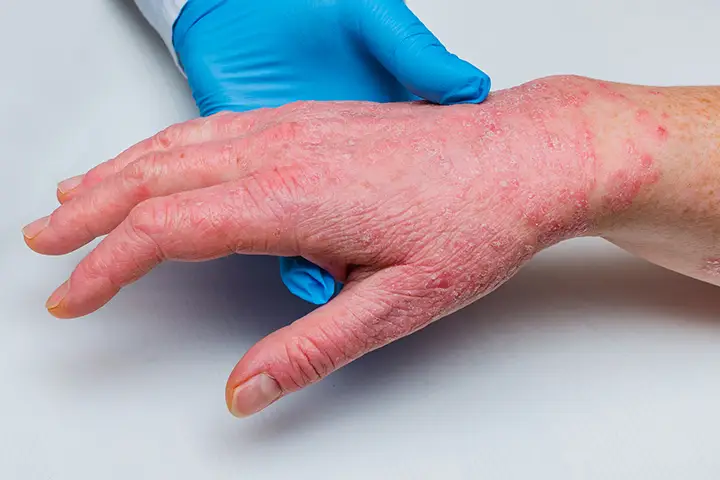
Psoriatic Disease Treatments
Treatment options for psoriatic disease vary widely, so it is important to select the one that best suits your needs. Your healthcare provider will customize your treatment plan based on your medical needs and your individual situation. You may also want to consider a combination of treatments. A combination of treatments may be better for you than each one separately.
The first line of treatment for psoriasis is topical medication. These medications include ointments and creams that are applied directly to the affected area. These treatments have a limited effect on the underlying inflammation. Nevertheless, they can be effective for some people and fail for others.
While the risks associated with psoriatic disease treatments are minimal, they should not be ignored. Patients undergoing these drugs should be informed about the potential risk of COVID-19 infection. Because COVID-19 can be transmitted via healthcare personnel, they should inform their healthcare provider about any possible exposure.
There is no specific cure for psoriatic arthritis, so treatments focus on managing the inflammation in affected joints and reducing the skin involvement. The medications used for this purpose are called DMARDs (Diuretic and Anti-Inflammatory Drugs). Treatment for psoriatic arthritis depends on the severity of the disease and the affected joints. If the symptoms are mild, you can take NSAIDs, which are commonly used as pain relievers. However, stronger forms of NSAIDs can cause heart problems, liver damage, and stomach irritation.
DMARDs are approved for moderate-to-severe cases of psoriatic disease. These drugs target immune system proteins that cause inflammation and damage to joints. They are also called conventional DMARDs. The latest biologic drugs approved for PsA include guselkumab (Tremfya) and risankizumab (Skyrizi).
Although current therapy for PsA is targeted at immune-mediated mechanisms, newer modalities will need to take into account advances in non-immune mechanisms. One of these treatments involves the use of anti-TNFa inhibitors. The drugs reduce the production of these inflammatory mediators, which is very effective in reducing symptoms of psoriatic arthritis.
MTX has been widely studied in patients with moderate-severe PsA. It is effective for long-term continuous therapy and can reduce radiological progression. The drug is well tolerated, and it is the first choice for many patients. However, it has a 30% discontinuation rate at 4 to 5 years, which is primarily due to liver toxicity.


